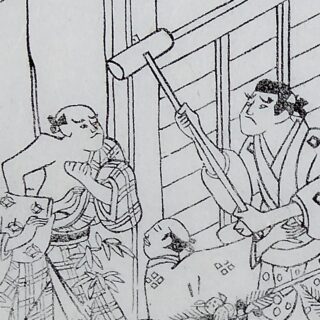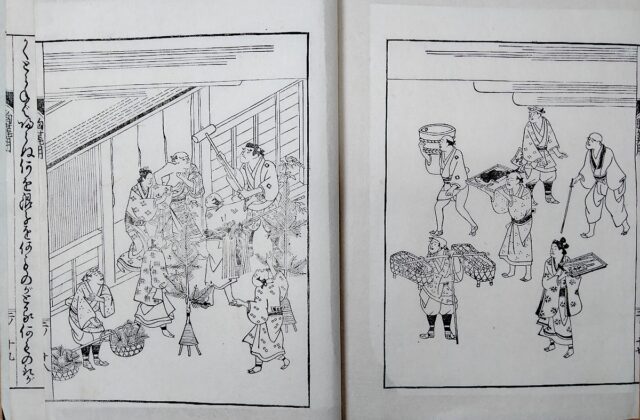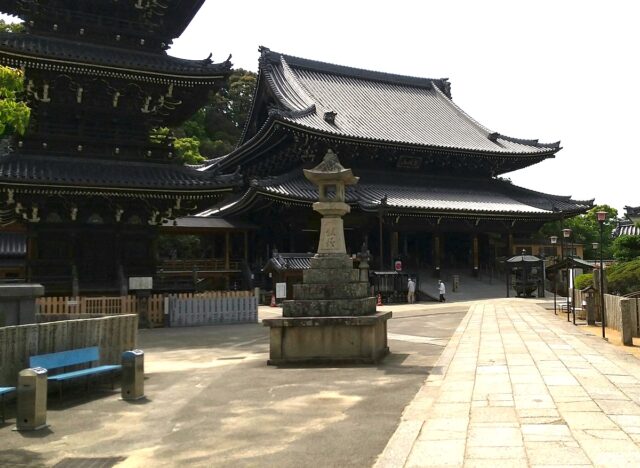Profile
- Research Subject
The main theme is to understand the each texts of Saikaku Ihara with correct reading and historical context.I hope that you will get interested in how to become the classics and why read the literature.
- Research Fields
- Japanese early-modern literature
- Faculty - Division / Research Group / Laboratory
- Division of Humanities / Research Group of Cultural Representations / Laboratory of Pre-modern Japanese Literature and Culture
- Graduate School - Division / Department / Laboratory
- Division of Humanities / Department of Cultural Representations / Laboratory of Pre-modern Japanese Literature and Culture
- School - Course / Laboratory
- Division of Humanities and Human Sciences / Course of Linguistics and Literature / Laboratory of Pre-modern Japanese Literature and Culture
- Contact
Email: minami.y(at)let.hokudai.ac.jp
Replace “(at)” with “@” when sending email.Foreign exchange students who want to be research students (including Japanese residents) should apply for the designated period in accordance with the “Research Student Application Guidelines”. Even if you send an email directly to the staff, there is no reply.- Related Links
Lab.letters


Starting through fun of secular literature with
"troublemakers" who are still around today
Picture the man who says, “I don’t have what I don’t have,” and hardens towards a debt collector, or the son of a merchant who, after being spoiled by his parents, pressures a woman into lending money. The townsfolk depicted by Ihara Saikaku and Chikamatsu Monzaemon are the predecessors of what we would call a “troublemaker” in today’s society. The joy of exploring a series of upheavals, or the success stories of common people is unique to early modern literature with its plethora of life-size stories. After developing some sort of curiosity in these people, what waits next as you read on is a new perspective that makes you feel, “There are things that I, as a person living in modern times, simply do not understand,” in terms of things like financial sensibilities, romantic views, and common social concepts. Stopping and thinking about those differences brings into view the true nature of literature research in which we consider questions like, “Who am I?” and, “What are people?” And I, too, am fascinated by the depth of those topics.


Without distancing yourself from things difficult to understand, think about what you can take from the classics
It is my wish for people to constantly have the stance of facing not only things that are easy to understand, but also those that are not, both in literature research and also in life as well. Out of the desire to help in that, in class I have students do things like read Saikaku’s conversation passages aloud in pairs and think about themes from the text such as, which is important, money or life? And in doing so, I implement active learning-oriented methods in which the opinion exchange between students is lively, and provide practice for thinking about things through a perspective of putting the words of the classics into your own words. The reason classics continue being classics is because they continue to be read by people of each era. With that in mind, let’s think about what we can take away from the words of the classics, and put that in writing at Hokkaido University with its long tradition of literature research.
Message
Culture and literature in the 17th century is sometimes referred to as the “century of parody” (Eizo Kon, Shoki haikai kara Bashō jidai e , published by Kasama Shoin in 2002). As this designation suggests, it was an era in which everything was remixed and parodied, including the standard lineup of works that are now considered classics like the Kojiki, The Tale of Genji, The Tales of Ise, Tsurezuregusa, and Hojoki, as well as many of the waka poems, legends, folklore that were well known amongst the populace.
From the resource of parody, we can expand our considerations across multiple eras and fields, which might mean that the early modern period might be perfect for people who are still undecided about what they want to do and people who are looking for hints to help them decide what they want to do. These stories are frivolous, definitely not high-class, and while slightly intellectual, are still very much silly anecdotes. Once you begin envisioning a more down to earth image of the reader at the time having fun reading them, I believe you will start suddenly enjoying the classics, which once sounded like nothing more than tedious litanies from long ago.


